Hair myths: which ones to believe and which ones to completely ignore
Let's tell the truth about those old wives' tales...
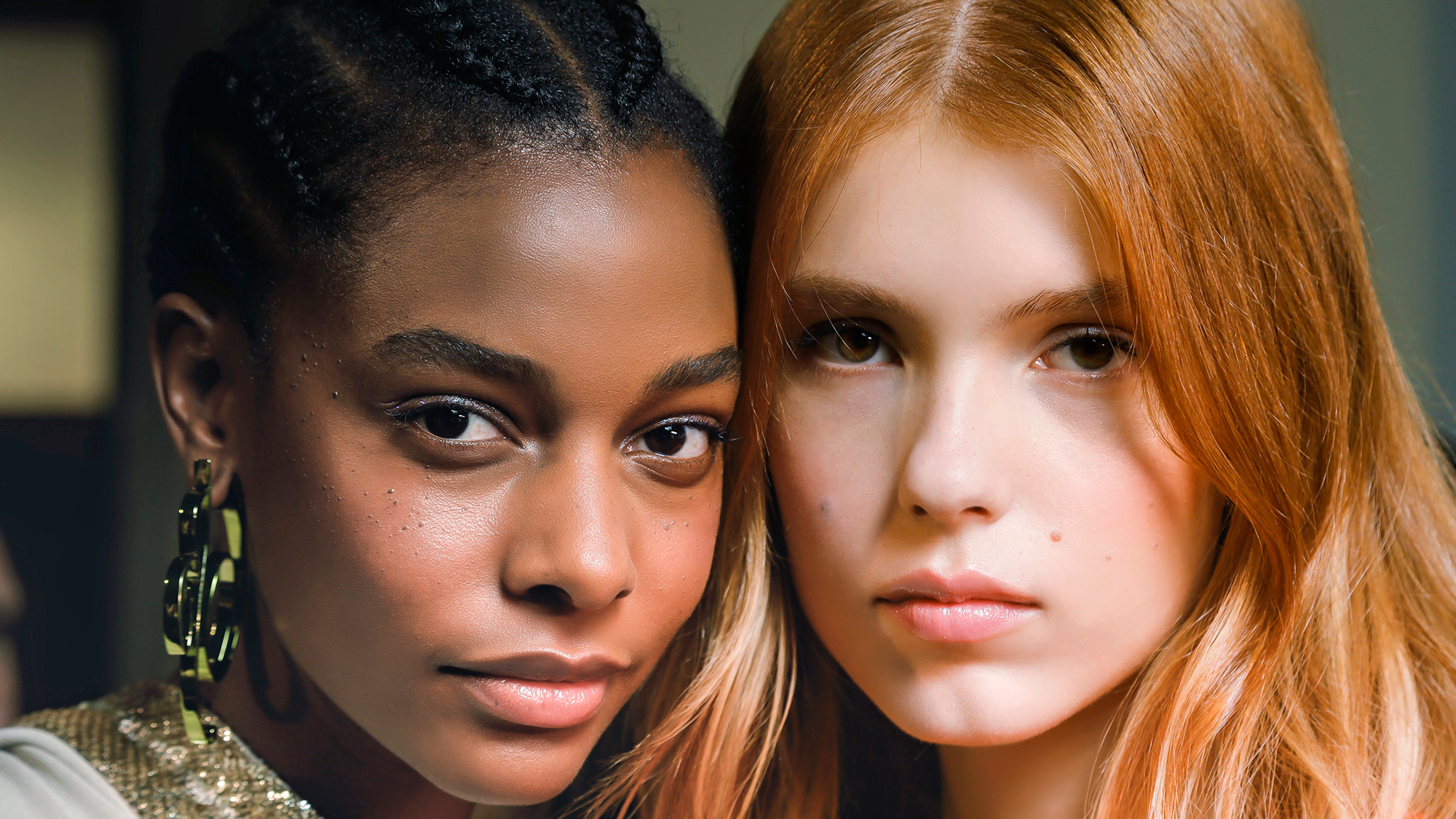
Let's tell the truth about those old wives' tales...
There are so many old wives’ tales about haircare that make the rounds, that it's tricky to know what to believe and what to call bullshit on. We grilled some of the industry's biggest players to help us decipher the biggest hair myths.
Cutting your hair frequently makes it grow faster
TRUE
Who knew there was actually some truth in this tale? According to London hairdresser Andrew Jose, although the growth of the hair happens in the follicles of your scalp, frayed and split ends make hair look thinner and when they break off they shorten your hair. Although cutting your hair won’t determine how fast your hair grows, it can certainly help avert hair shaft breakage, keeping your tips looking healthy and preventing splits from working their way up strands.
'If you wait so long that splits are causing your hair to break off high up on the strand, your hair will actually be shorter than if you get consistent trims,' he advises. Jose suggests using one of the best hair masks at least once a week to minimise hair splitting because 'hair that touches your shoulders or beyond can be several years old and most likely needs more TLC than a normal conditioner.' However, you can't fix a split end, says James Pryce, stylist at Larry King. 'No matter how much conditioner you apply it will never reseal itself. The trick is to prevent them from happening in the first place.'
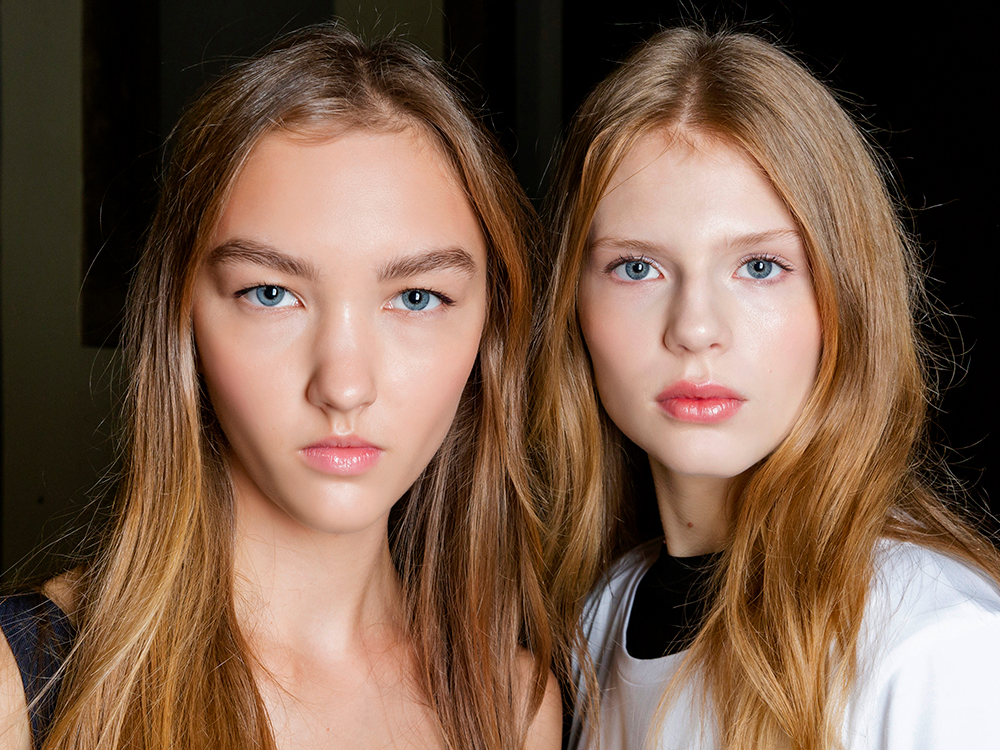
If you pluck one grey hair, two will grow back in its place
FALSE
Phew! So, why do we think it? Well, one grey hair means that there are arguably more greys hidden underneath. Once you have noticed one, you'll probably start to notice more.
Plucking the hair will indeed get rid of the grey, but only temporarily. The follicle is still alive and will produce another hair to replace the one that was pulled out. However, what you do to one follicle doesn't affect its neighbour, so it is impossible for two hairs to sprout. Some more good news: when the new hair grows back it may be a little less grey than its predecessor (if you're lucky). This is because melanogenesis (the process by which hair follicles make the pigment that gives hair its colour) is not totally consistent from hair to hair - so here's hoping.
Shampooing makes your hair shed
FALSE
According to those in the know, the worst thing you can do for thinning hair is to wash your hair less, as it needs a clean, debris-free environment to grow.
Marie Claire Newsletter
Celebrity news, beauty, fashion advice, and fascinating features, delivered straight to your inbox!
People often lose hair in the shower, so they associate shampooing with shedding - but if you cut back on washing in an effort to spare your hair, you can actually make the problem worse. The debris and oil build up can cause inflammation, which actually stunts hair growth.
Oils are a no-go if your hair is greasy
FALSE
Ahhh this is so similar to the myth dermatologists try to dispel on a daily basis - if you have oily skin, you shouldn't use a face oil. Oils are absolutely fine to add to your ends and hair shaft - they'll add shine and lustre, and help repair split ends.
Oils, unlike other products, do not sit on the hair's surface creating the illusion of healthy hair. Some of the best hair oils have the ability to penetrate the hair's cuticle and actually make it healthier.
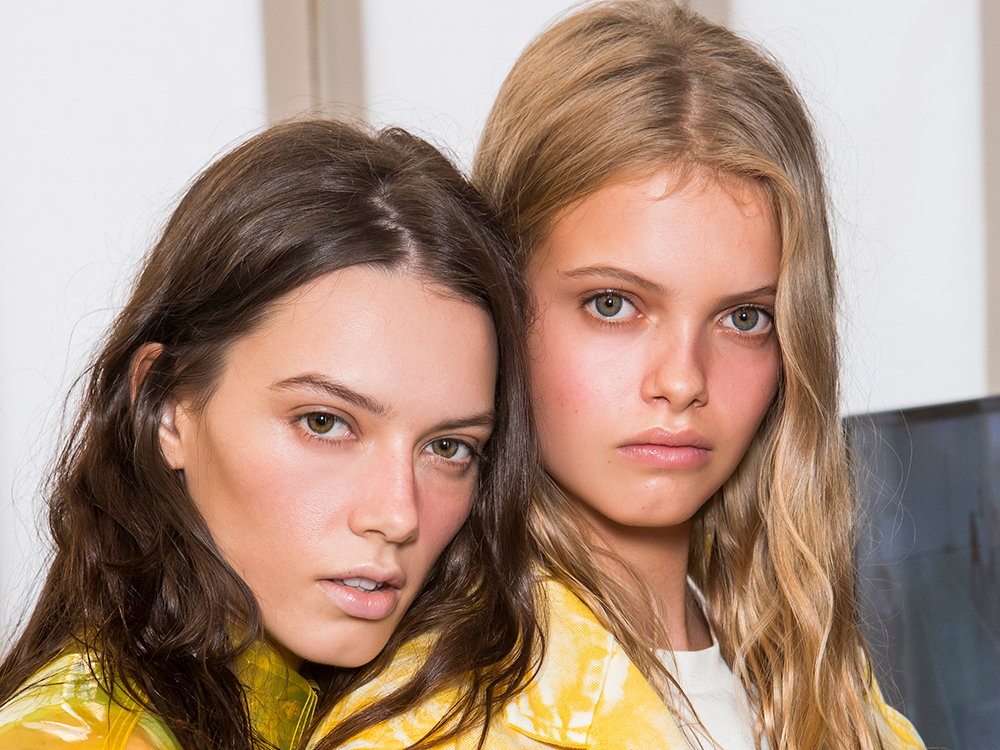
If you leave your hair for long enough, it will begin to clean itself
FALSE
Trichologist Anabel Kingsley says this is 'utter nonsense', arguing that a clean scalp and hair means a healthier scalp and hair.
'You should wash and condition your hair regularly,' she says. 'When left for 3-4 days the scalp can become flaky, itchy and uncomfortable whilst the hair itself will become dull and lank.' However, other experts say that when you wash your hair too much, you strip it of its natural oils. We recommend trial and error and seeing what works for you, as everyone's hair is different.
We’ve all used and abused dry shampoo and counted down the days till our next hair wash, but it turns out that it doesn’t actually make your hair any less oily. In fact, it’s got nothing to do with external factors like washing and instead comes down to how your own body works.
‘No matter how frequently you shampoo your hair, your scalp will continue to produce the same amount of oil. Your hormones and genetics determine how much oil your scalp produces therefore cutting back on shampooing your hair won’t make a difference,’ Burnett says.
You should brush your hair with 100 strokes a day
FALSE
According to the American Academy of Dermatology, this is an old wives' tale that can actually end up causing split ends and huge damage to your hair.
They advise: 'Brush and comb your hair only to style it. Hair never needs 100 brush strokes a day. Use a wide-tooth comb, and use it gently to comb your hair. Avoid pulling and tugging on your hair as you brush, comb, or style it.' They also advise using a moisturising conditioner to remove any stubborn tangles rather than tugging at the hair.
Burnett adds, ‘Brushing your hair is imperative to ensuring that the natural oils in your hair are maintained from your scalp to your ends, so a small amount of brushing is fine, but over brushing can actually cause a lot more breakage and activates your oil glands making your hair greasier.'
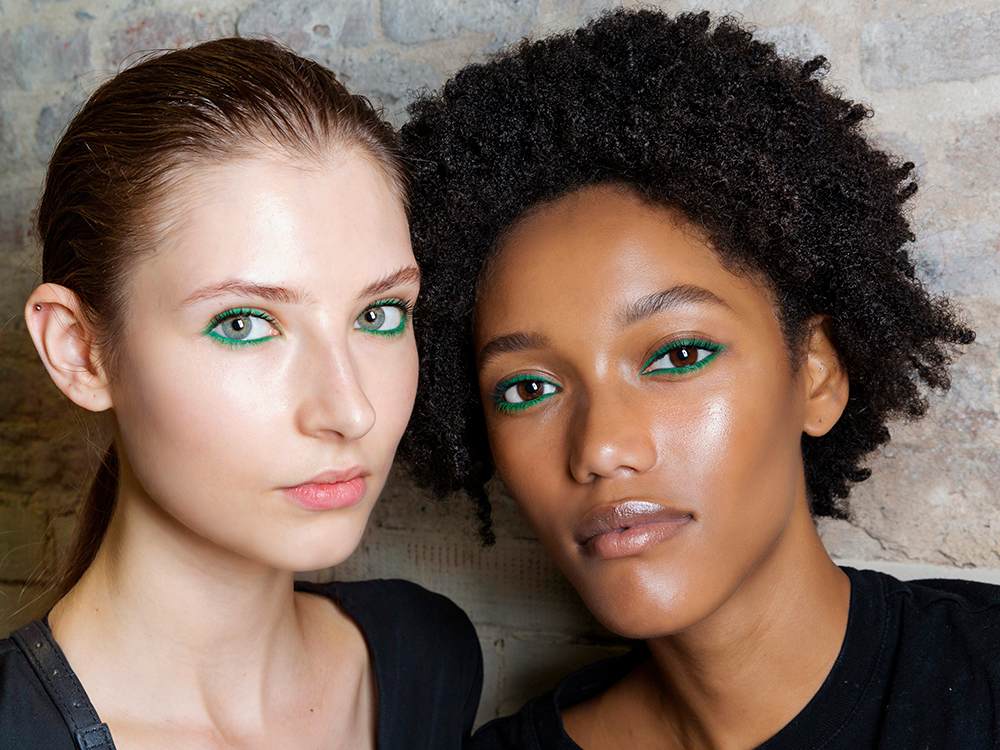
You should always switch your shampoo
FALSE
Well, this is a good one to know because it was becoming expensive. 'Your hair does not get used to shampoo, you simply get used to its effects,' says Pryce. However, you should change up your hair products for things like seasonal shifts, as you get older and if you're colouring your hair more/differently.
Washing with cold water makes hair shinier
TRUE/FALSE
While there’s some truth to this myth, you’ll have to resort to an Arctic cold shower if you want to really see a difference. (We’d rather not, to be honest). Burnett explains, ‘As your hair contains no living cells, it doesn’t actually react to cold or hot water. Although, icy water will make the hair light-reflective and not ruffled or dull looking.’
Dandruff is a sign of a dry scalp
TRUE
This is true, but there are a lot of things that cause dandruff, not just a dry scalp. It’s kind of grim, but a whole list of skin conditions can cause flakiness so it’s best to keep an eye on things and go to your doctor if you’re a little worried.
Videos you may like:
Video you may like:
‘Although dandruff is one of the causes of a dry scalp, the two don’t necessarily correlate. Medical skin conditions such as dandruff, psoriasis and dermatitis are caused by the over production of oil (sebum) not dryness, this looks yellowish white in colour. Dry scalps are commonly caused by the environment elements or product build up,’ Burnett explains.
You can’t dye your hair while pregnant
FALSE
Phew! Feel free to go as bright and as bold as you like, hair dye doesn’t actually affect your baby. Only a minuscule amount of it actually gets absorbed into your skin, so you can cover up those roots without breaking a sweat.
Burnett adds, ‘This is a very common myth in hairdressing and is actually one of the biggest concerns for my clients. Permanent and semi-permanent hair dyes are completely safe and don’t have any toxins or chemicals that can harm a baby.’
The leading destination for fashion, beauty, shopping and finger-on-the-pulse views on the latest issues. Marie Claire's travel content helps you delight in discovering new destinations around the globe, offering a unique – and sometimes unchartered – travel experience. From new hotel openings to the destinations tipped to take over our travel calendars, this iconic name has it covered.
-
 Meghan Markle opens up about 'huge medical scare' after giving birth
Meghan Markle opens up about 'huge medical scare' after giving birthBy Iris Goldsztajn
-
 You'll never guess which White Lotus characters almost had sex in the finale
You'll never guess which White Lotus characters almost had sex in the finaleWe can't believe this
By Iris Goldsztajn
-
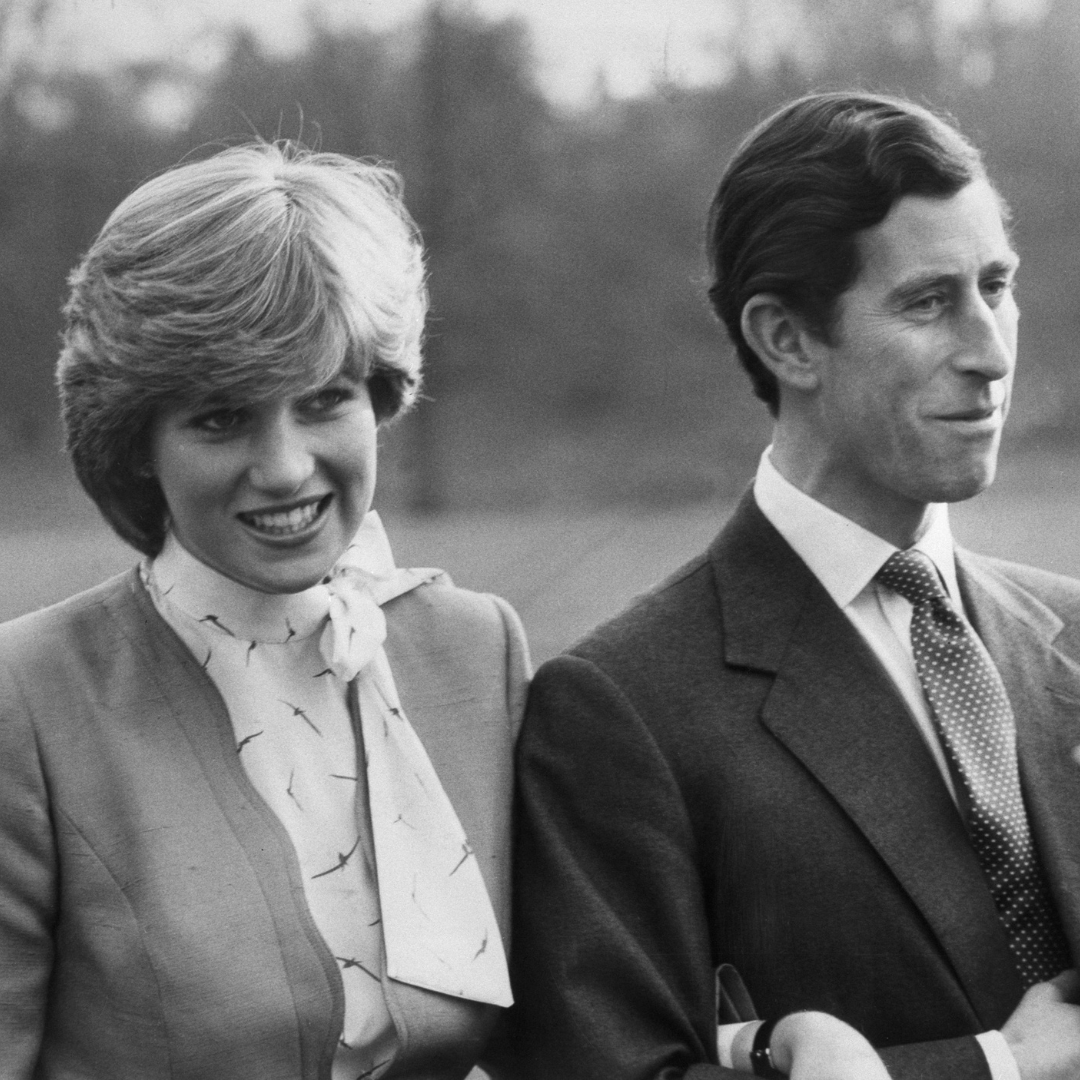 What King Charles 'deeply regrets' from marriage to Princess Diana
What King Charles 'deeply regrets' from marriage to Princess DianaIt was a difficult relationship
By Iris Goldsztajn